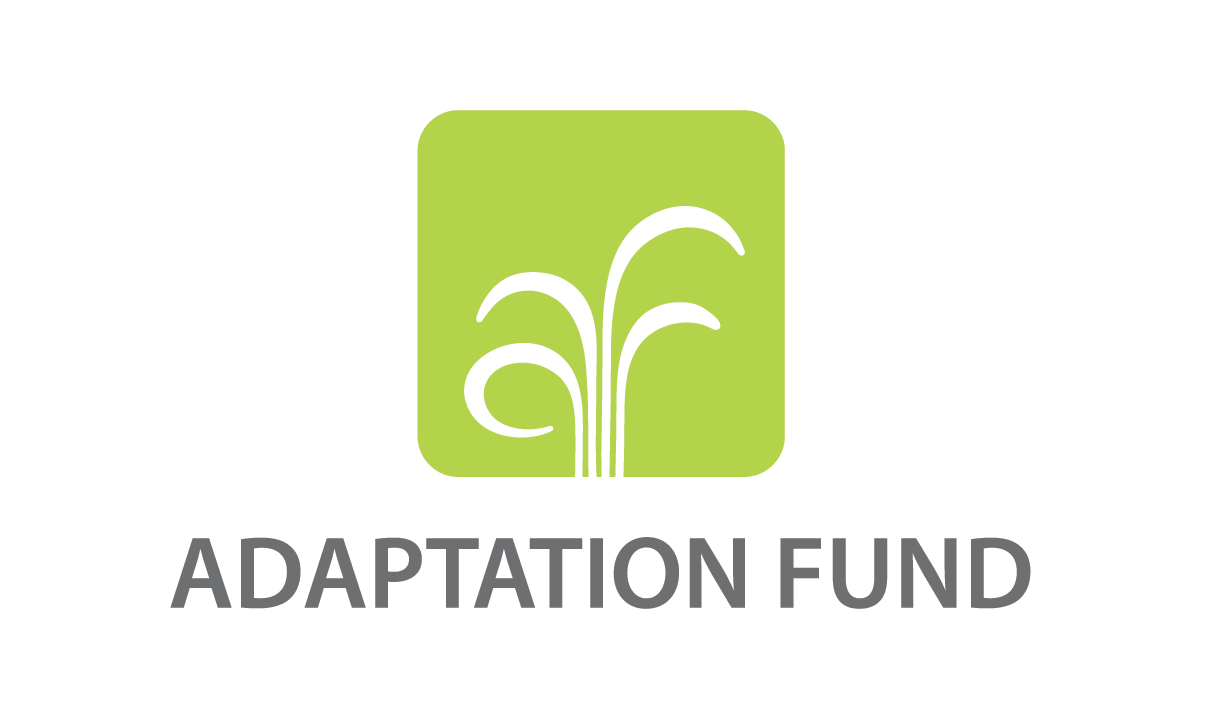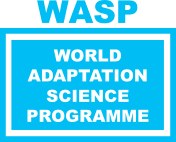Masterclasses

Masterclass 1: What Remains After Project Closure? Conducting Ex Post Evaluations for Adaptation Interventions
Led by Susan Legro, Technical Evaluation Reference Group of the Adaptation Fund (AF-TERG)
Date: Monday, October 2, 2023
Time: 2 p.m. to 4 p.m.
This Masterclass will provide an overview of the Adaptation Fund’s approach to ex post evaluations; i.e., evaluations 3 to 5 years after project closure. The class will review how to assess the sustainability of project outcomes and how to characterize the resilience of outcomes that are sustained through discussion and targeted problem-solving. In addition, it will also share lessons learned from the first four ex post evaluations managed by the AF-TERG. Finally, it will provide information and resources to support the design of adaptation interventions that can generate learning long after donor support ends.
This class is targeted towards development and environmental practitioners, including those involved in the design and evaluation of adaptation interventions, evaluation management, and adaptation program management.
Group size: Flexible (no minimum or maximum size)
Masterclass 2: Operationalising Co-creation for Transformation: A Masterclass by the Adaptation Research Alliance and Climate and Development Knowledge Network
Date: Monday, October 2, 2023
Time: 1 p.m. to 5 p.m.
The IPCC has called for systems-wide transformations,1 resilience building and an urgent all-of-society response to climate change. Adaptation practitioners have learned that addressing climate change through purely technical measures has been ineffective as this requires considering socio-economic and governance issues as well as navigating barriers such as power asymmetries, conflicting knowledge systems and different worldviews. To respond to the urgent adaptation challenge, it is therefore critical to collaborate with and work across a range of sectors and stakeholders with different values and priorities, at multiple levels, including through processes of ‘co-creation’. Often used interchangeably, the terms co-production and co-creation are employed to cover a spectrum of activities that can go from more consultative meetings where stakeholders’ opinions are sought for validating certain concepts, to full co-creation where diverse actors can take part in co-designing, co-delivering and co-evaluating interventions. When different knowledge types and sectors are brought together, what emerges is a collective wisdom and knowledge that cuts across disciplinary siloes. This is crucial for addressing the challenges we face. This masterclass is being run by the Adaptation Research Alliance and the Climate and Development Knowledge Network and builds on their extensive knowledge and experience of working with diverse stakeholders and knowledge types globally, with a particular emphasis on the global South. The session seeks to be as practical, interactive and experiential as possible, equipping participants with a range of tools and skills that they can apply in their own co-creation (and more generally, multi-stakeholder) processes.
Objectives
- Sensitise participants about the value and benefits of engaging in co-creation, including as a means of making research more impactful, as well as the challenges that arise in such processes. Through this, understand the rationale and ‘business case’ for co-creation.
- Explore and experience a number of tools and approaches that can be used to make the different phases of co-production (e.g., from convening participants to co-evaluating impacts) more inclusive and effective, as well as to address the different challenges that may arise.
- Share concrete stories and examples of co-creation to enable the concept to become as alive and tangible as possible.
- Inform the operational strategies of the Adaptation Research Alliance and the Climate and Development Knowledge Network to expand and improve co-creation processes being run by these networks.
Audience
- Primary audience: Early career researchers
- Secondary: Practitioners, pracademics
Group size: 50 participants maximum
Masterclass 3: How to Write Peer-Review Publications: Tips and Tricks from the Editors of Climate and Development
Organised by: Editors of Climate and Development
Date: Monday, October 2, 2023
Time: 1 p.m. to 4:30 p.m.
Peer-review writing remains the currency of academia, whether we like it or not. Even though it is clear that publication success is highly inequitable and multiple systemic barriers generate gatekeeping, there are some key tricks that early career researchers should be aware of to improve their chance of getting a paper accepted. Even an interesting story describing ground-breaking empirical research findings requires the argument to be framed in a solid, logical style that enables the reader to clearly understand the objectives, methodologies, findings and relate these to other similar work.
The purpose of this MasterClass is to discuss some of the biggest barriers to overcome to help a manuscript to make it past the editors and reviewers. Among other things, we will examine the building blocks of an academic paper – from how to write a good title to how to best present references – explain the review process, and discuss the role of the editor. We will have extensive discussion time in small groups divided by research focus (social science, natural science, etc), where participants can share their experiences and get tips from editors and other participants. The MasterClass is run by Editors of Climate and Development and will focus on interdisciplinary but mainly social science, qualitative writing. Nevertheless, the class is open to anyone looking to learn more about the writing process and should be generic enough to apply to any journal. While we draw on examples from Climate and Development, we will also refer to our own experience as academics publishing in a wide range of journals.
While all of the content will be prepared in advance, participants will be asked to vote on the priority topics at the beginning of the class so that appropriate time can be allocated to the different elements.
Objectives
After this MasterClass, participants should:
- Have a clear understanding of how to plan an academic paper, and the mistakes to avoid.
- Understand how the submission and review process works (generically, not just for a specific submission system)
- Have identified one or more writing buddies who could help encourage them and read drafts
Group size: 30 participants maximum






